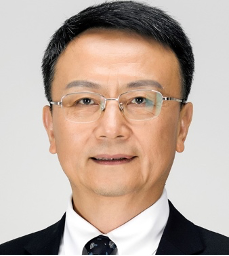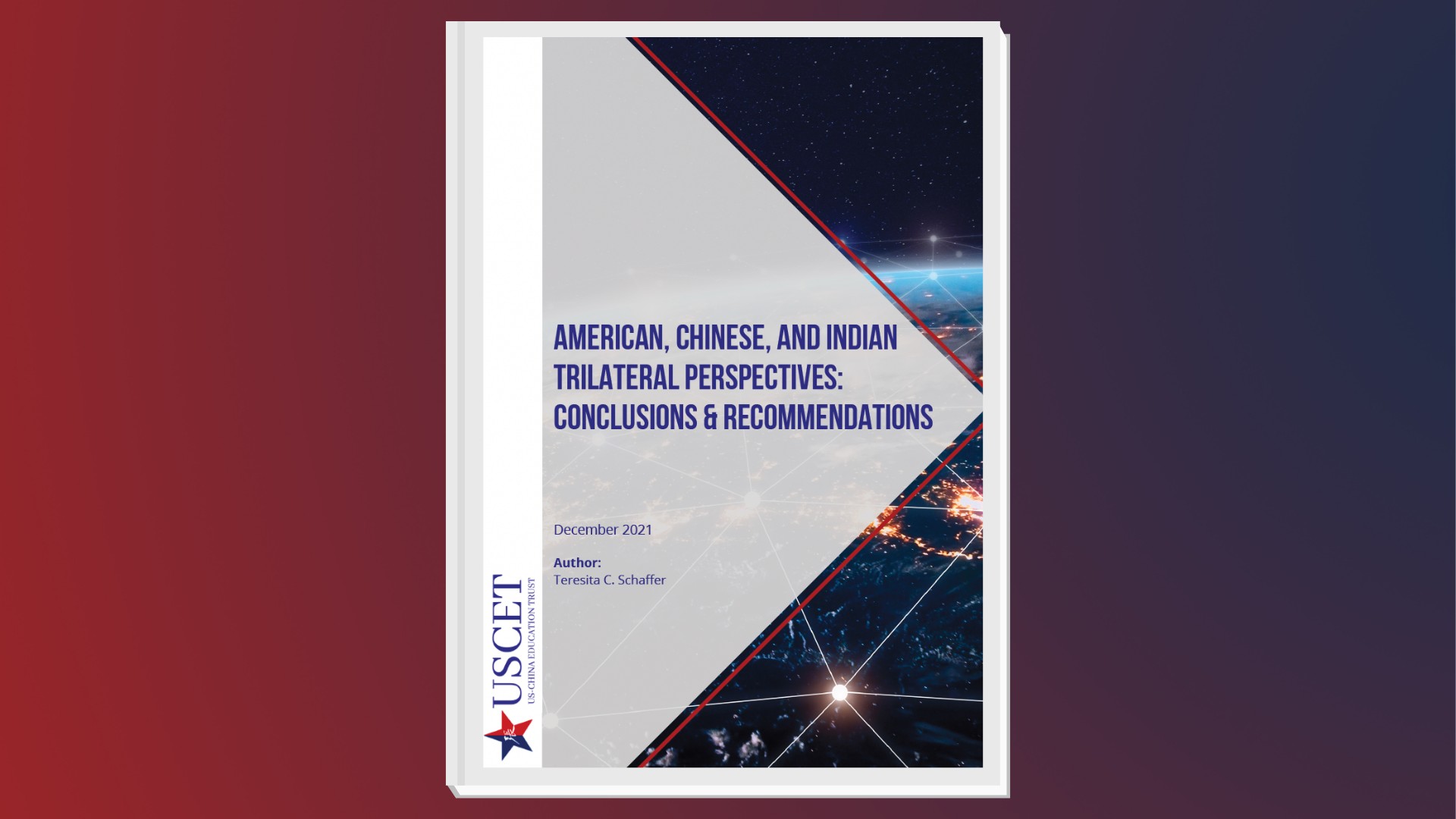
Monday, December 13th
9:00am Washington DC | 7:30pm New Delhi | 10:00pm Beijing
Launched in December 2020, USCET’s Trilateral Perspectives on Indo-Pacific Cooperation: the United States, China and India series sought to develop understanding and constructive dialogue among prominent foreign policy experts of the three major stakeholders in the Indo-Pacific through a series of closed-door, Track-II style dialogues held virtually. Participants included current and former government officials, scholars, think tank experts, former military leaders, and more. The four sessions encompassed topics such as Changing Global Order & Regional Governance, Maritime Security in the Indo-Pacific, New Geoeconomics in the Indo-Pacific, and Managing Strategic Mistrust (Learn more about this series here).
Following this series of fruitful and productive dialogues, USCET’s Special Advisor Ambassador Teresita Schaffer authored an insightful report to offer conclusions and recommendations which can be applied to bilateral and trilateral relations among the three countries. Join USCET on Monday, December 13th for a lively discussion with leading foreign policy experts from the three countries, including participants from the dialogues, about this groundbreaking report and the future of US-China-India trilateral relations.
Speakers (in order of appearance)
Introduction:
Ambassador Julia Chang Bloch
Ambassador Julia Chang Bloch is the Founding President of the US-China Education Trust. She has had an extensive career in international affairs and government service, serving as U.S. Ambassador to the Kingdom of Nepal, Assistant Administrator of Food for Peace and Voluntary Assistance at the U.S. Agency for International Development, and as Assistant Administrator for Asia and the Near East at the US Agency for International Development. She also was the Chief Minority Counsel to a Senate Select Committee; a Senate professional staff member; the Deputy Director of the Office of African Affairs at the U.S. Information Agency; a Fellow of the Institute of Politics at Harvard University’s Kennedy School of Government, and an Associate of the U.S.-Japan Relations Program of the Center for International Affairs at Harvard. Ambassador Bloch holds degrees from the University of California, Berkeley, and Harvard University.
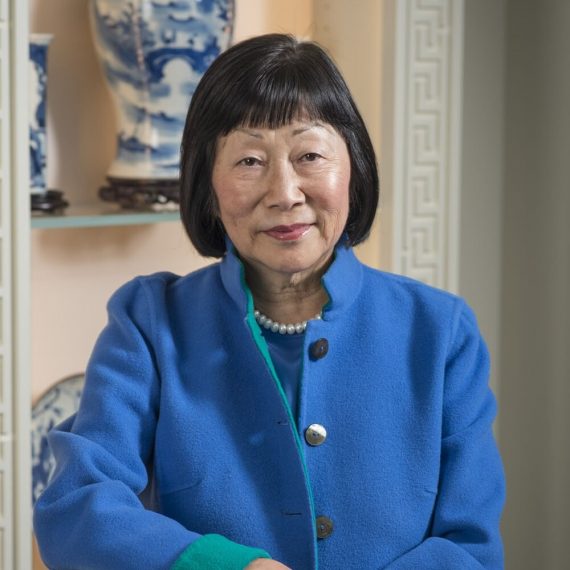
Report Overview:
Ambassador Teresita C. Schaffer
Ambassador Teresita C. Schaffer served at US embassies in Pakistan, India, and Bangladesh, and from 1992-95 as US Ambassador in Sri Lanka. During her assignments in the State Department in Washington, she was Director of the Office of International Trade and later Deputy Assistant Secretary of state for the Near East and South Asia, at that time the Senior South Asia Policy position in the State Department. She was previously a Nonresident Senior Fellow at the Brookings Institution and also the Founding Director of the South Asia program at the Center for Strategic and International Studies, directing it from 1998-2010. Ambassador Schaffer holds a degree from Bryn Mawr College, studied at the Institut d’Etudes Politiques in Paris, and completed graduate work at Georgetown University. She speaks Hindi, Urdu, French, Swedish, German and Italian.
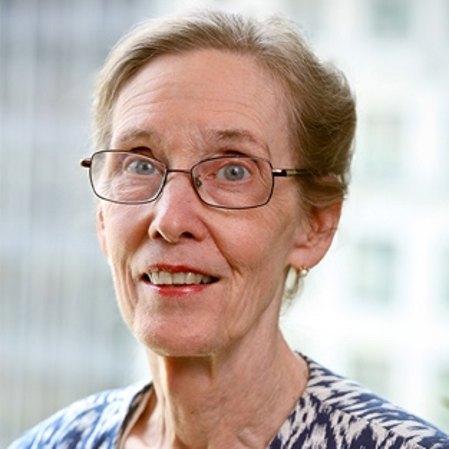
Panel:
Ambassador WEI Wei
Ambassador WEI Wei served as the Special and Plenipotentiary Ambassador of the People’s Republic of China to Brunei Darussalam, the Republic of Singapore, and the Republic of India. He also served as a high-ranking Chinese diplomat to the Republic of Mozambique, the Federal Democratic Republic of Ethiopia, the Republic of Kenya and the Republic of Zimbabwe. Additionally, Ambassador WEI served as the Director of the Consular Department of the Ministry of Foreign Affairs, and was the vice president of the Chinese People’s Institute of Foreign Affairs. Ambassador WEI holds degrees from Beijing Normal University.
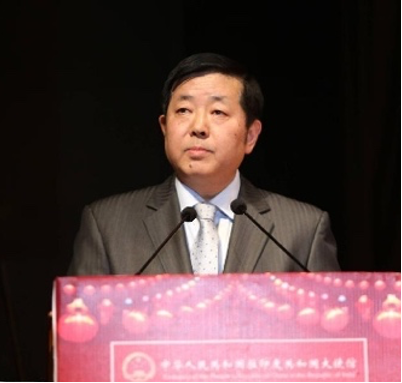
Ambassador Nirupama Menon Rao
Nirupama Menon Rao is a retired Indian diplomat, Foreign Secretary and Ambassador. She joined the Indian Foreign Service in 1973. During her four-decade-long diplomatic career she held several important assignments. She was India’s first woman spokesperson in the Ministry of External Affairs, New Delhi, the first woman high commissioner from her country to Sri Lanka, and the first Indian woman ambassador to the People’s Republic of China. She served as India’s Foreign Secretary from 2009-2011. At the end of that term, she was appointed India’s Ambassador to the United States where she served for a term of two years from 2011-2013. On her retirement Ambassador Rao entered the world of academics with teaching assignments at Brown and Columbia Universities. Her book ‘The Fractured Himalaya: India Tibet China 1949-1962’ was published by Penguin India in October 2021.
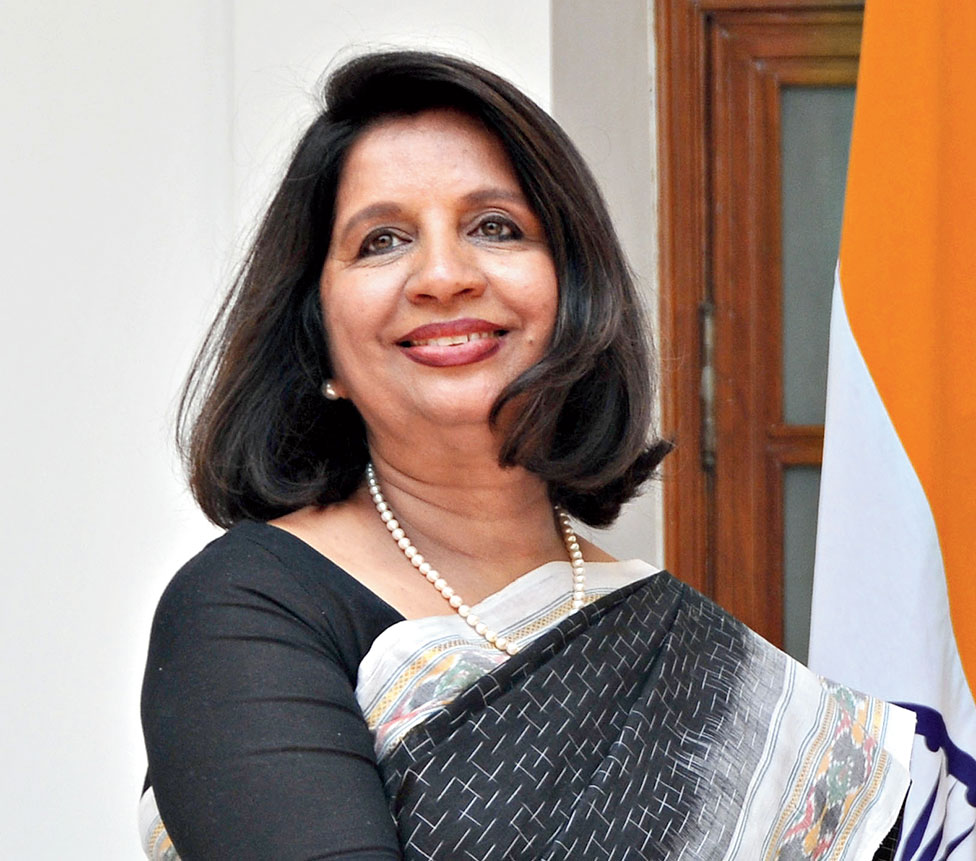
David Michael Lampton
David M. Lampton is Senior Fellow at the SAIS Foreign Policy Institute and Professor Emeritus at Johns Hopkins–SAIS. Immediately prior to his current post he was Oksenberg-Rohlen Fellow at StaDavid M. Lampton is Senior Fellow at the SAIS Foreign Policy Institute and Professor Emeritus at Johns Hopkins–SAIS. Immediately prior to his current post he was Oksenberg-Rohlen Fellow at Stanford University’s Asia-Pacific Research Center from 2019-2020. For more than two decades prior to that he was Hyman Professor and Director of China Studies at the Johns Hopkins University School of Advanced International Studies. Lampton is former Chairman of the The Asia Foundation, former President of the National Committee on United States-China Relations, and former Dean of Faculty at SAIS. Among many written works, academic and popular is his most recent book (with Selina Ho and Cheng-Chwee Kuik), Rivers of Iron: Railroads and Chinese Power in Southeast Asia (University of California Press, 2020). He received his B.A., M.A., and Ph.D. degrees from Stanford University in political science.
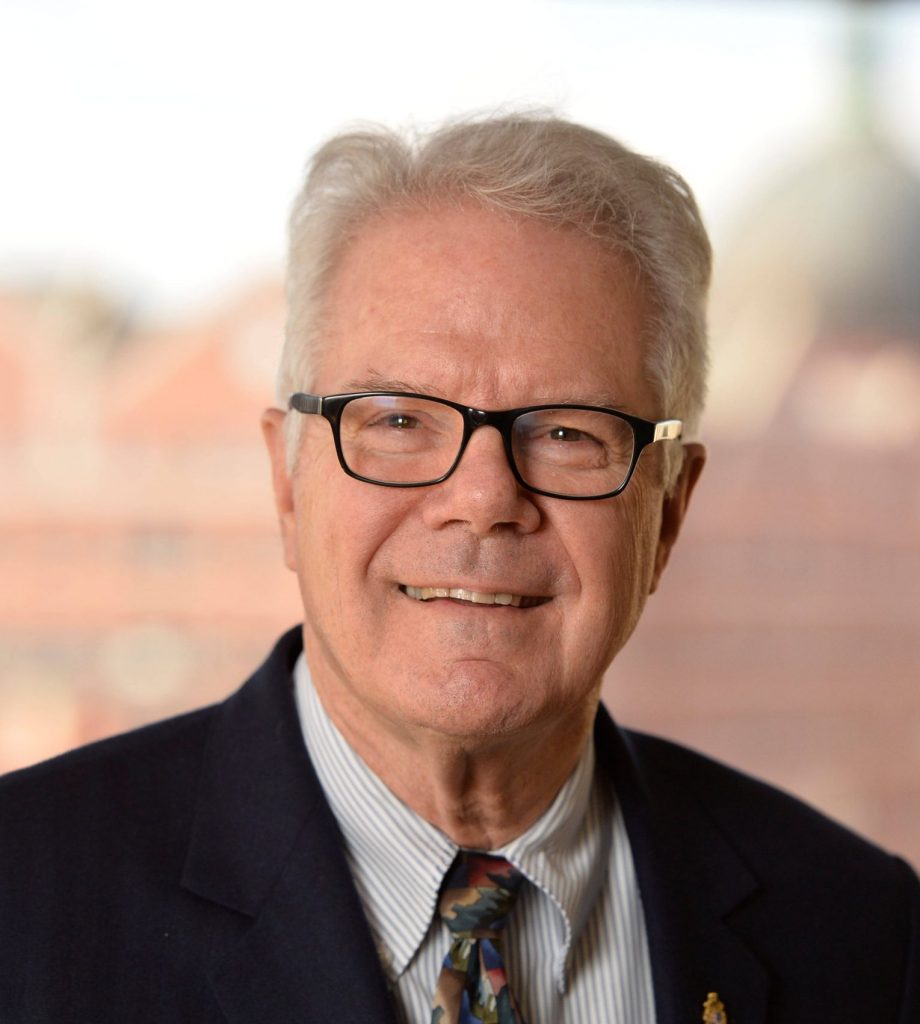
Concluding Remarks:
JIA Qingguo
Professor JIA Qingguo currently serves as Professor and former Dean of the School of International Studies of Peking University. He has also taught at the University of Vermont, Cornell University, the University of California, San Diego, and the University of Sydney in Australia. Prior to his current position, Professor Jia served as a Research Fellow and a CNAPS fellow at the Brookings Institution, Visiting Professor at the University of Vienna, and was a member of the Standing Committee and the Foreign Affairs Committee of the National Committee of the Chinese People’s Political Consultative Conference. Professor JIA holds a degree from Cornell University.
